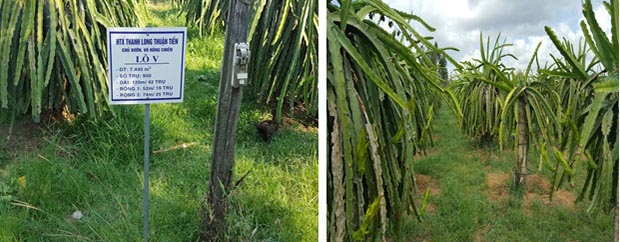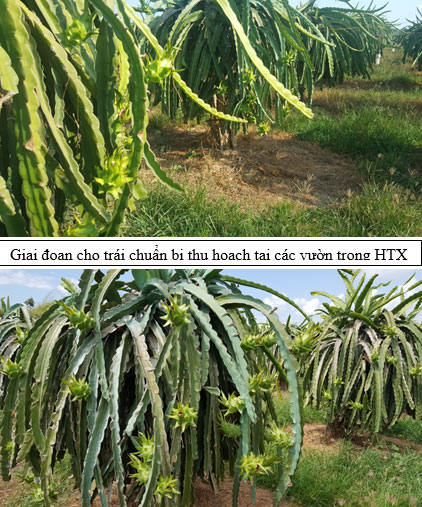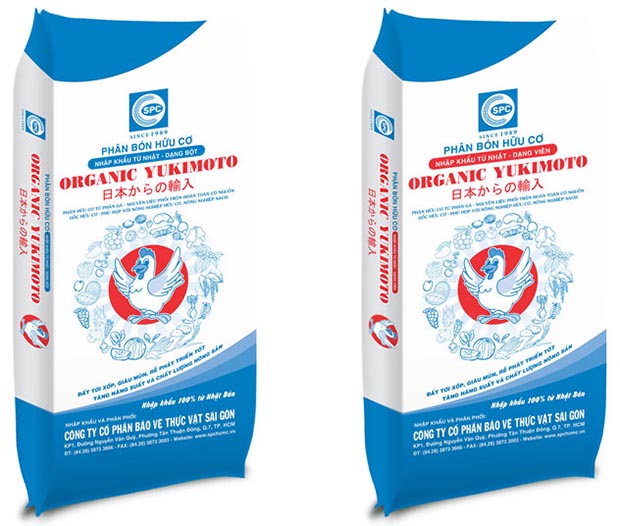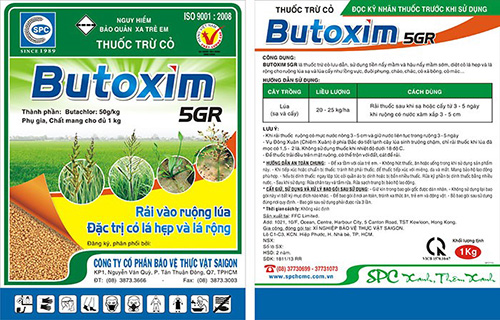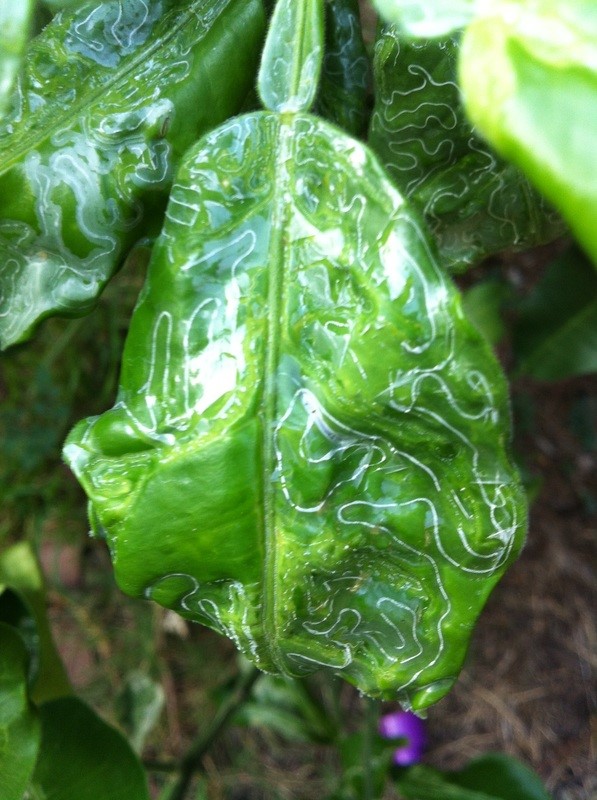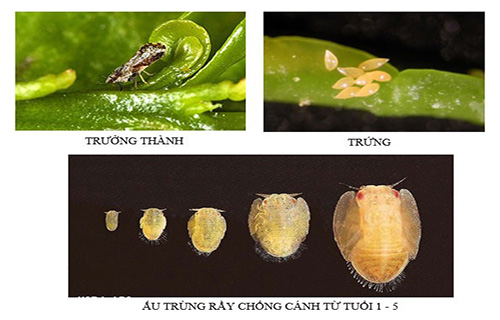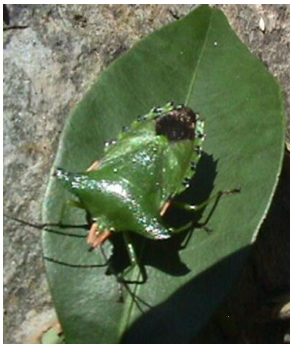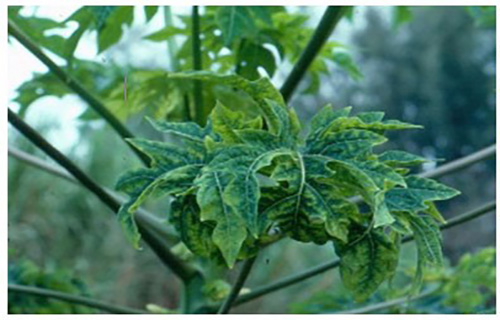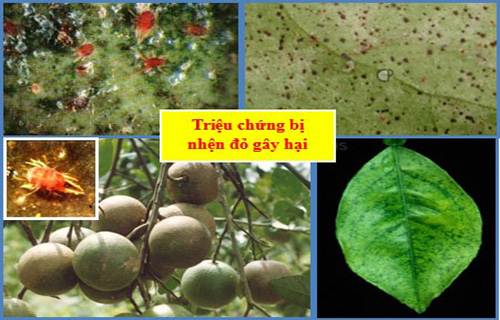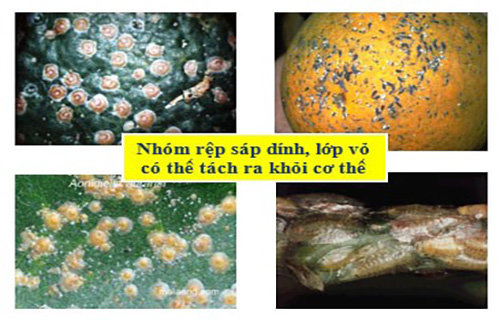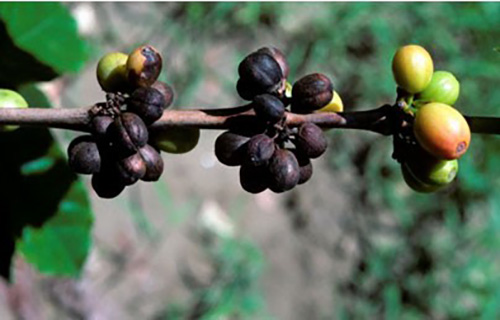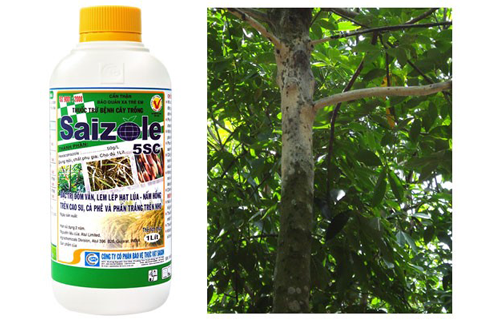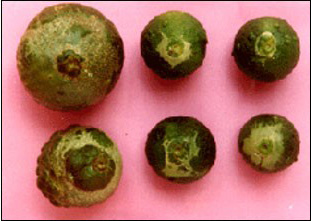|
Organic fertilizer for dragon fruit trees in a the new age
26/11/2021
MSc Tran Dong Phuoc Dragon fruit trees one of the main crops of Binh Thuan, Long An and Tien Giang provinces, but the consumption market is often unstable. Therefore, these provinces started to develop a number of clean dragon fruit production programs to obtain quality products that meet export standards to stable markets such as Europe, the US, etc. They can only do this well. ensure the stability of the output market price of the product. Dragon fruit trees need a great source of nutrients, the tree gives fruit continuously, so the fertilizer factor should be focused. In the clean dragon fruit production program, priority to the use of fertilizer products of organic and bio-organic origin. According to current practices, farmers use organic fertilizers inappropriately. Normally, farmers apply organic fertilizer to dragon fruit trees only once at the beginning of the rainy season, with a very large amount from 10kg to 15kg/root, then use NPK fertilizer or foliar fertilizer for the entire production process. Farmers often use cow manure to fertilize dragon fruit, but the source of cow manure is often unstable, sometimes yes, sometimes not, so farmers have not well controlled the supply of adequate nutrition for their dragon fruit garden. On the market today, there are many lines of organic and microbial organic fertilizers. In which, the source of chicken manure gradually gained the trust of farmers because of its quality and cost. Chicken manure with high organic content is usually 60% or more and contains enough secondary and micro elements to provide necessary nutrients for plants. In addition, chicken manure is supplemented with beneficial microorganisms, helping plants to increase their resistance to pests as well as adverse weather factors. According to Science and Technology Journal of Agriculture and Forestry No. 4/2016 of Agriculture Forestry University-Ho Chi Minh City, in a research result "Effect of organic fertilizers on nodule nematode (Meloidogyne incognita) harmful to eggplants) in Lam Dong" concluded: "Chicken fertilizing has significantly reduced the number of nematodes in the soil, in the roots, the percentage of nodules and the number of nodules are significantly lower than the treatments of pig manure, goat manure, cow manure, commercial organic fertilizer and the control did not apply organic fertilizer”. Currently, Saigon Plant Protection Joint Stock Company is distributing organic fertilizers derived from chicken manure imported from Japan ORGANIC YUKIMOTO with an organic content of over 60%, supplemented with many secondary,micro nutrients. With modern technology, chicken manure is treated according to standards so that plants can absorb it at the fastest rate when applying it to the soil. In the 2018 Winter-Spring crop, the company is mobile plant doctor team cooperated with the Plant Protection and Cultivation Sub-Department of Binh Thuan province to deploy pilot fertilization in a number of dragon fruit gardens. The results were excellent, dragon fruit trees grew and developed significantly compared to the control garden fertilizing according to the old practices of farmers. The technique of applying organic fertilizer derived from chicken manure is extremely simple. Apply Organic Yukimoto fertilizer 2 times/crop, with the amount of 0.5 kg of fertilizer applied for each dragon fruit root. Time to fertilize the first time before lighting the lights, the next time after the dragon fruit flower buds. Mr My- a gardener in Ham Thuan Nam -Binh Thuan, after applying the above fertilizer model, said: Organic chicken manure imported from Japan distributed by Saigon Plant Protection Joint Stock Company is used very often satisfied, plants absorb nutrients quickly, dragon fruit branches grow well and beautifully. Harvest fruits with beautiful color and weight that meet export standards. Most importantly, Mr. My saved the cost of NPK fertilization while only fertilizing with organic chicken manure during thorough the process. He is introducing neighboring growers to use the company is Organic Yukimoto chicken manure. Some images used on dragon fruit
|
To prevent, in addition to plowing and burying weed seeds, collecting weed stalks and stumps left after tilling the land to burn, not letting weeds produce seeds in production fields, etc., the use of chemical products is still a measure. optimal because of its ability to thoroughly kill weeds, reduce labor and take advantage of more time than manual weeding.
Miner has the scientific name Phyllocnistis citrella Staint., family Phyllocnistidae, order Lepidoptera. The miner occurs in many countries in the tropics and subtropics. The main host of the miner is the citrus family - Rutaceae. In addition, the miner also attacks mangosteen and some other plants.
Adult is a small planthopper, with a body 2-3 mm long, the whole body is ash gray, slightly greenish, the wings are opaque with many small brown spots.Eggs are oval, 0.3 mm long, have a pointed end and are attached directly to the leaf surface, leaf axils.
Green bugs specialize in the fruit of citrus groups (oranges, tangerines, lemons, grapefruits, kumquats...), some people call them orange bugs, or orange suckers. Their scientific name is Rhynchocoris poseidon or Rhynchocoris humeralis.
In Vietnam, yellow leaf curl disease is very common on papaya trees, especially the disease is often severe in areas of high and continuous planting, areas with hot and arid climates. The disease has significantly reduced the yield and quality of papaya. Gardens that are infected early when the plants are young may not yield. However, up to now, many gardeners still do not know the cause and how to fix it.
Spider mites are common pests on citrus trees, especially in hot and dry climates that are suitable for spiders to grow and cause severe damage.The group of harmful spiders is usually very small in size, unlike the natural enemy spiders.
This group includes species that are generally very small in size, causing damage by sucking plant sap (on leaves, fruits, branches, stems).
There are many species of mealybugs present on the group of Oranges,Tangerines,Grapefruits and Lemons (Citrus), which can be divided into 2 groups:
+ Group of sticky mealybugs with common varieties such as Lepidosaphes, Aonidiella, Coccus and Saissetia.
+ Group of flower mealybugs with common genera and species such as Pseudococcus, Planococcus and Icerya purchasi.
Dry branches and berries disease often appear to be common damage on coffee gardens during the rainy season. The disease causes death of branchs, dry fruit, severely affects the canopy structure and coffee yield if not paid attention to prevention.
Pink disease commonly causes diseases on rubber plantations in the rainy season, especially on garden from 4-8 years old. This year, rubber has to go through a period of severe drought, weakening the tree, so now in tnshe rainy season it is easy to get infected. Therefore, it is necessary to pay attention to good management to avoid affecting the garden.
In recent years, the area of citrus has been expanded because it is a fruit tree with high economic efficiency. However, in order to sell at a high price, not only in quality but consumers also require the external beauty of the fruit, so pest management on citrus is a matter of great concern to farmers. The hot season is a favorable condition for thrips to develop and cause damage, affecting the commercial value of fruit.
- Headquarters
- SAIGON PLANT PROTECTION JOINT STOCK COMPANY
- RQ 1, Nguyen Van Quy St., Tan Thuan Ward, HCM City
- Tax code: 0300632232
- Tel: (028) 38 733 295 - 38 732 077
- Fax: (028) 38 733 003 - 38 733 391
- Website: www.spchcmc.vn - Email: info@spchcmc.vn
- SAIGON PLANT PROTECTION COMPANY
- SAIGON PLANT PROTECTION JOINT STOCK ENTERPRISE
- Lot C1-C3 Hiep Phuoc Industrial Park, Hiep Phuoc Commune, HCM City
- Tel: (028) 3873 4089 - Fax: (028) 3873 4086
- Affiliated Unit
-
- Quick Links
- Home
- About us
- Career Opportunities


